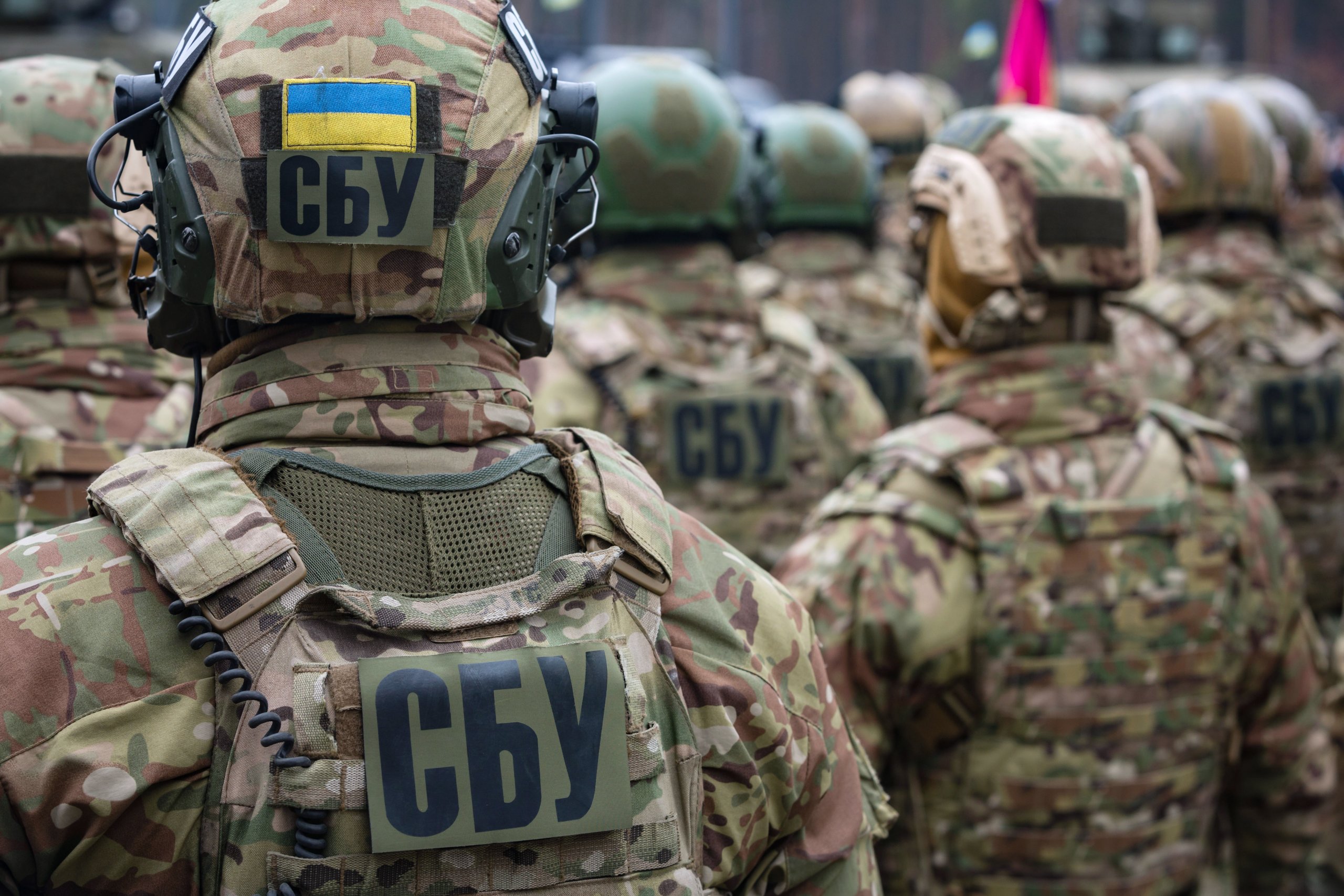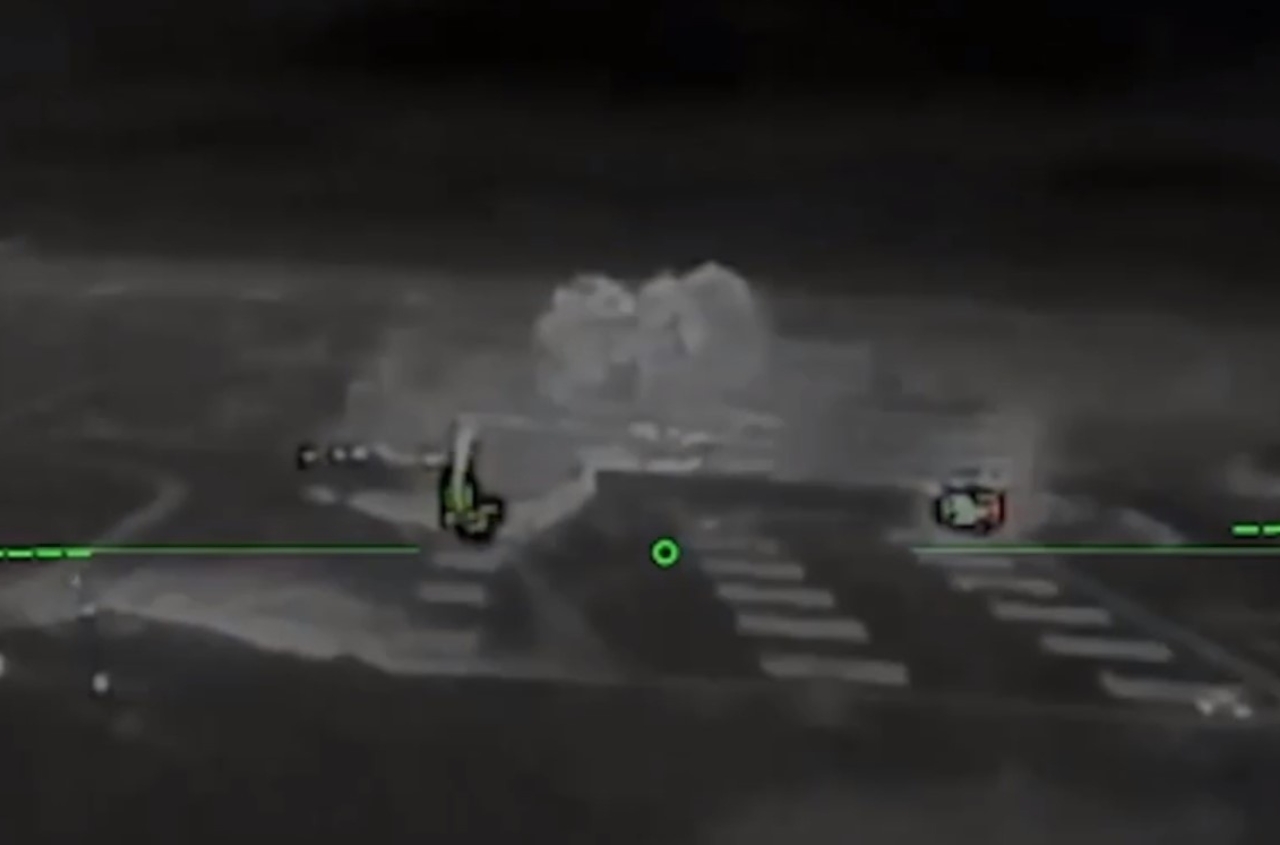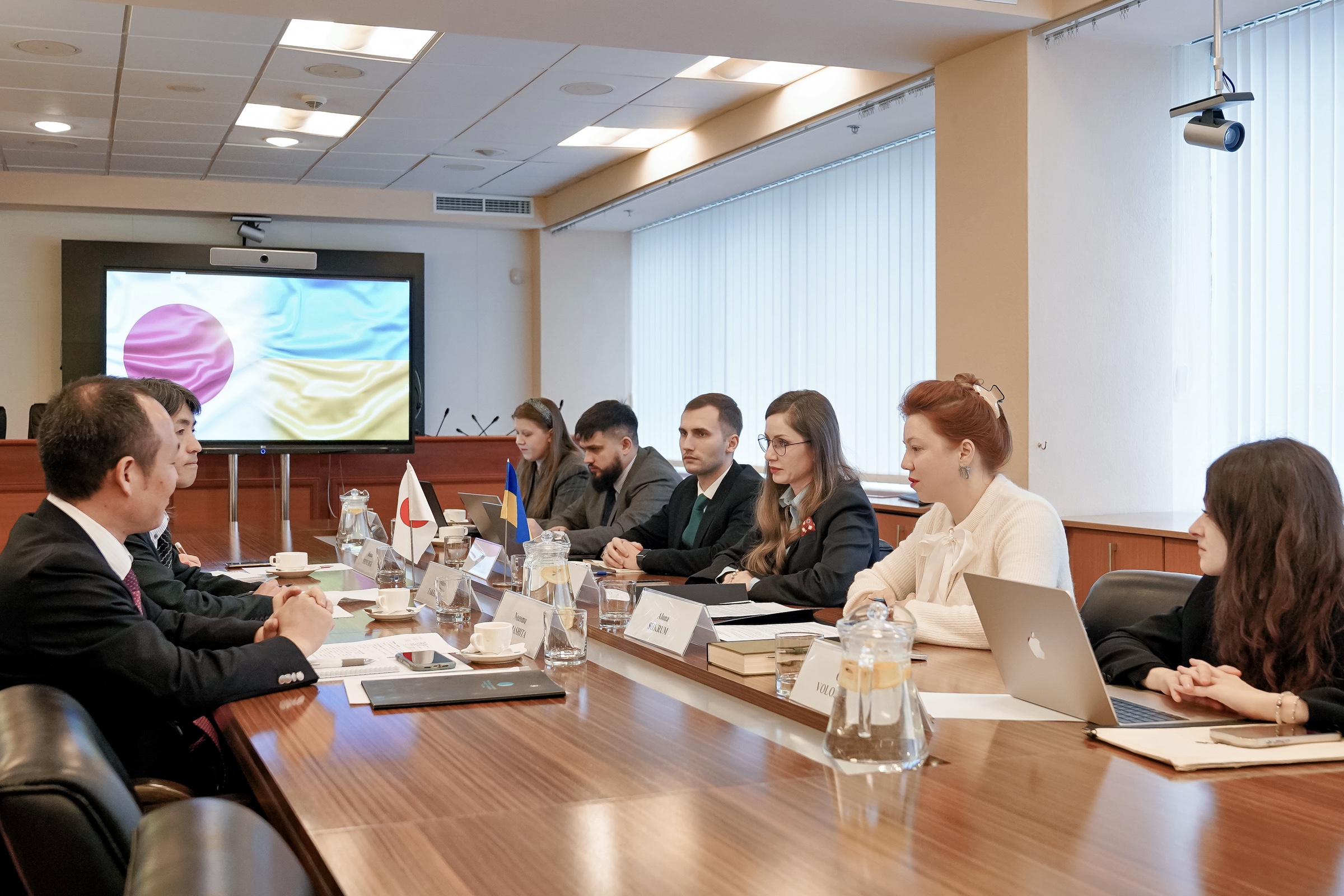Cybersecurity experts of the Security Service of Ukraine prevented attempts by Russia to obtain new technologies in the field of nuclear energy. As a result of a multi-stage special operation in Kharkiv, six former employees of Ukrainian design institutes, who were working for the sanctioned Russian company Rosatom, have been detained.
Upon the order of the Russian corporation, they were developing scientific research and design documentation for the modernization of Russian nuclear power plants. Primarily, this involved the Kursk, Rostov, Novovoronezh, and Balakovo Nuclear Power Plants. Representatives of Rosatom also planned to involve their accomplices in carrying out high-tech work in the occupied part of the territory in southern Ukraine. There, the individuals involved were supposed to assist the Russian forces in fully integrating the Zaporizhzhia nuclear power plant into Russia's energy system.
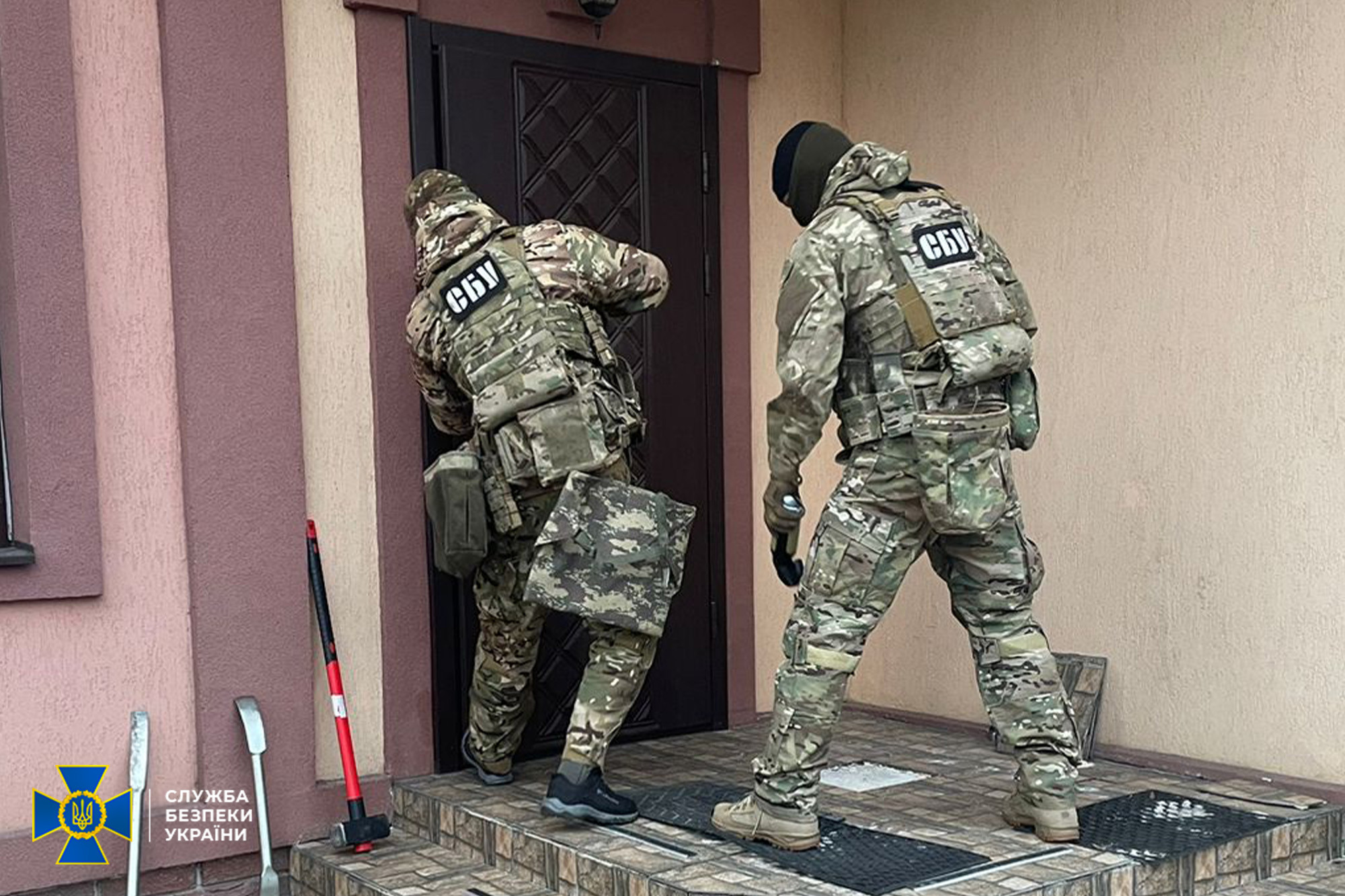
However, the Security Service exposed the hostile collaborators in advance, meticulously documenting their criminal activities and apprehending them during the preparation phase of the project documentation for the aggressor. Thus, the Ukrainian security service thwarted Rosatom's attempts to gain access to strategically important Ukrainian technologies. According to the investigation, the main figure in the case is the head of a design organization in Kharkiv. He established contact with the Russians through his relative, the owner of a Russian company subcontracted by Rosatom. They maintained contact through a popular messaging app and email. The Kharkiv resident involved five more local nuclear energy scientists in the criminal activity.
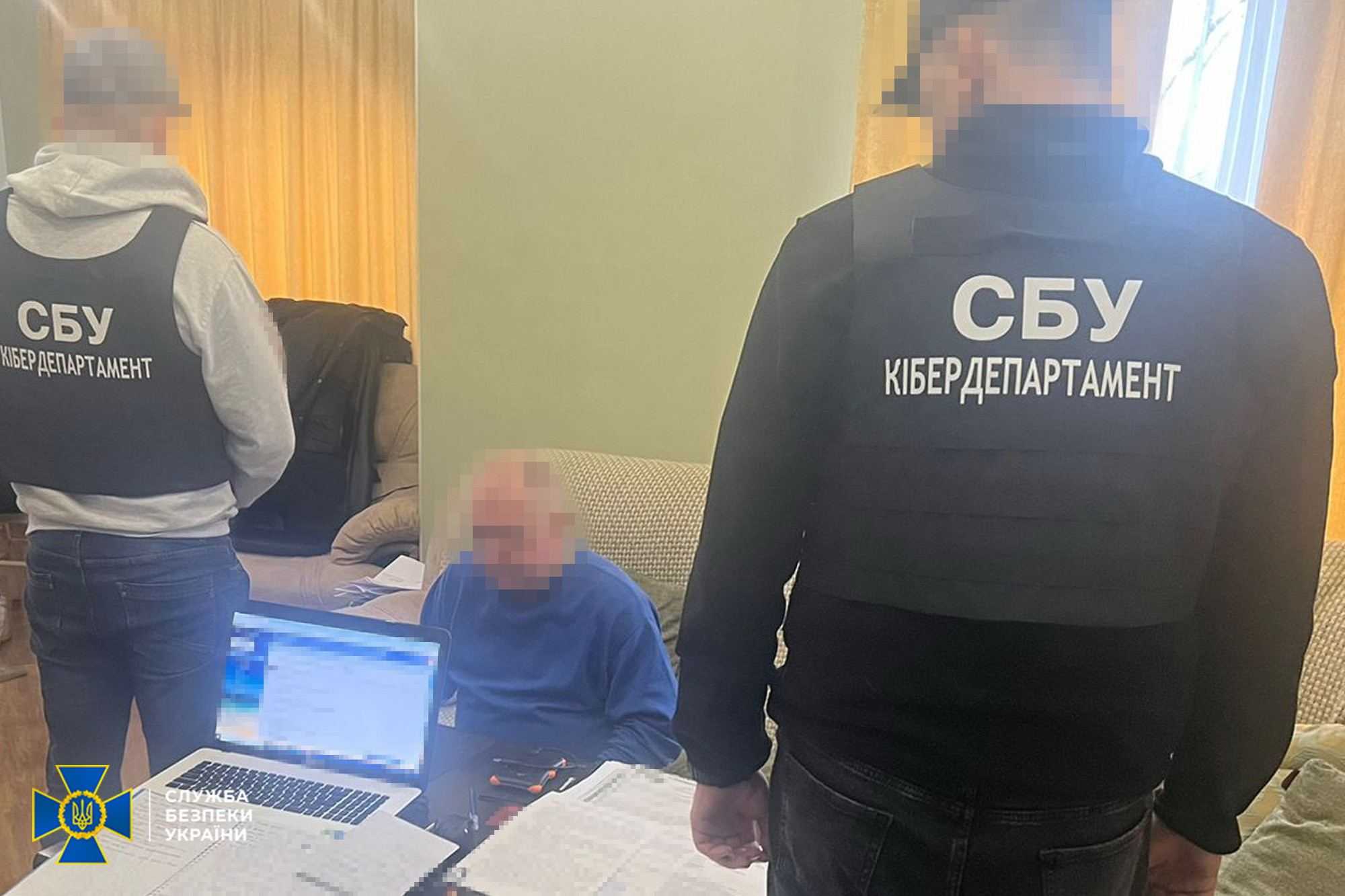
Despite facing constant missile and drone attacks by the enemy on the regional center, the perpetrators fulfilled the Russians' orders. For their collaboration with the Russian forces, the individuals received rewards from Russia in cryptocurrency. The funds were deposited into cryptocurrency wallets of proxy individuals, who then converted the received sums and transferred them to the designers.
During searches at the workplaces and actual residences of the individuals involved, documents, computers, and mobile phones used for cooperation with the terrorist state were seized.

Based on the collected evidence, the SSU investigators notified all six detainees of suspicion under Article 111-2 Part 1 of the Criminal Code of Ukraine (assistance to the aggressor state). The perpetrators face up to 12 years in prison.









